#john dryden
Text

Alexander's Feast, from Andrew Lang's The Blue Poetry Book by Lancelot Speed (1891)
#lancelot speed#art#illustration#golden age of illustration#19th century#19th century art#british art#british artist#books#book illustration#poetry#poetry art#john dryden#angel#angels#classic art
946 notes
·
View notes
Photo

Beauty, like ice, our footing does betray;
Who can tread sure on the smooth, slippery way:
Pleased with the surface, we glide swiftly on,
And see the dangers that we cannot shun.
- John Dryden
162 notes
·
View notes
Text
"They tell me 'tis my birthday, and I'll keep it With double pomp of sadness. 'Tis what the day deserves which gave me breath. Why was I raised the meteor of the world, hung in the skies, and blazing as I travelled,
till all my fires were spent, and then cast downward to be trod out by (Octavian) Caesar?"
- Mark Antony, (John Dryden, All For Love)
7 notes
·
View notes
Photo
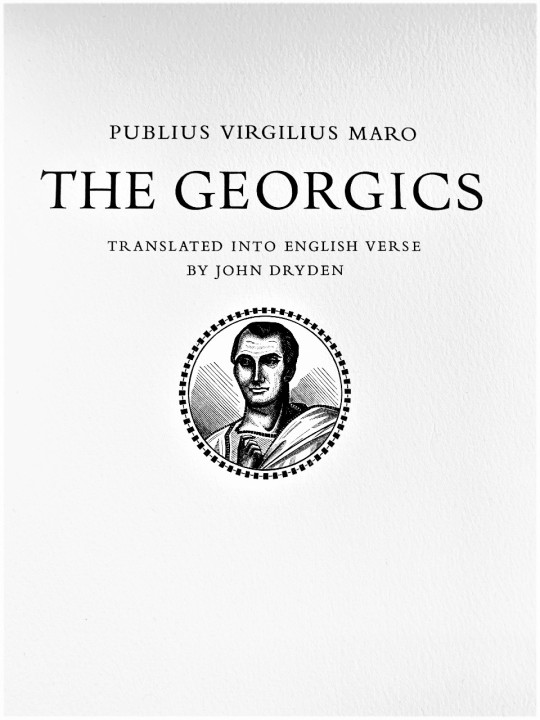
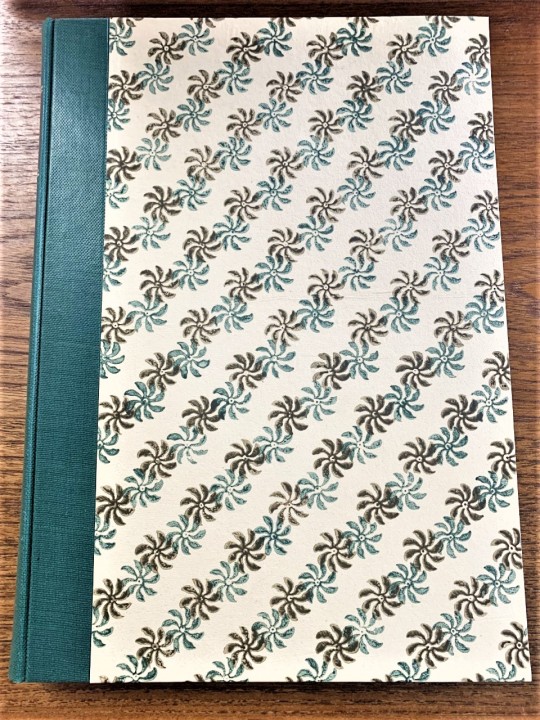
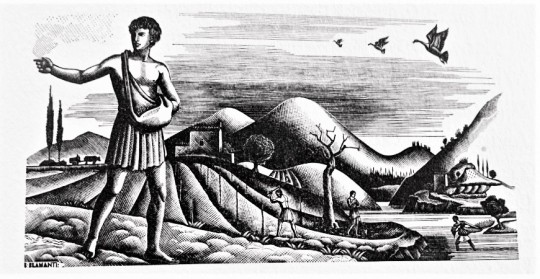
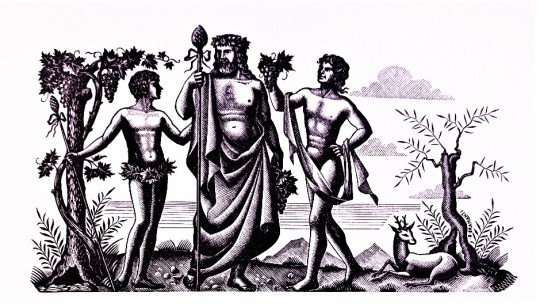
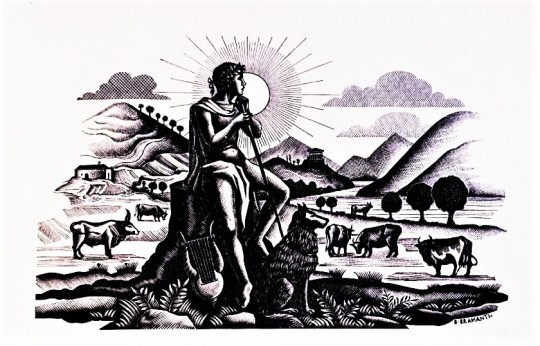
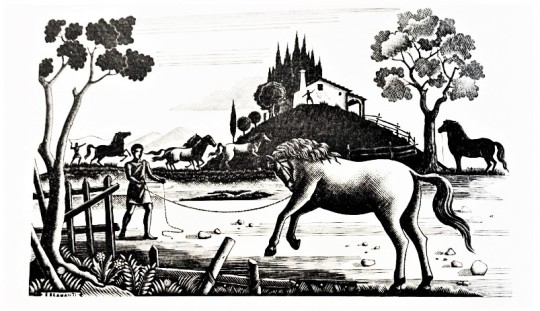
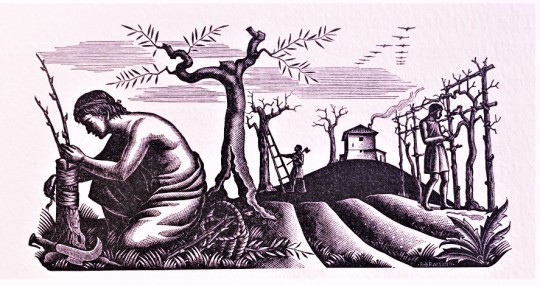

A Bucolic Epic
Within the vast library of Roman poetry, with their stories of heroes, gods, and love, there stands a work that is deceptively simple. Virgil is famed as one of the greatest Roman poets of the Imperial age, having composed a set of three long-form poems. The second of these was the Georgics which was written ca. 30 BCE over the course of eight years while Virgil was living in Naples. When assessing Virgil’s reputation and the common subjects of Roman literature during this time, one might expect the Georgics to be about great people and events. This is not the case, as this poem's primary purpose is to serve as a kind of agricultural manual.
Of the several editions of the Georgics found in Special Collections, the most recent is this 1952 Limited Editions Club production, using a translation by the 17th-century English poet and translator John Dryden, printed by Giovanni Mardersteig at Officina Bodoni with original wood engravings by Bruno Bramanti in a limited edition of 1500 copies signed by the engraver and printer.
The Georgics consists of four books, each focusing on a different aspect of farming and husbandry, with the most well-known being the fourth book on bee keeping. While this poetry is very functional and tells contemporary readers much about Roman agricultural techniques, many readers study the work for the themes that are found between the lines. The Georgics at many points is used as a conduit for touching upon political, historical, and philosophical subjects. Using activities such as harvesting and horse breaking, Virgil expresses his ideas about military conquest, societal structures, and plagues to name a few.
Although most his fame comes from his final epic poem the Aeneid, the Georgics shows how masterful Virgil was at connecting the workings of the world to abstract ideas and conveying those ideas through his writings.
View more of my Classics posts.
– LauraJean, Special Collections Undergraduate Classics Intern
#Classics#Roman poetry#Virgil#Georgics#Limited Editions Club#LEC#John Dryden#Giovanni Mardersteig#Officina Bodoni#Bruno Bramanti#wood engravings#agriculture
24 notes
·
View notes
Text
Poem of the Day 22 April 2024
John Dryden. 1631-1700
Hidden Flame
I FEED a flame within, which so torments me
That it both pains my heart, and yet contents me:
'Tis such a pleasing smart, and I so love it,
That I had rather die than once remove it.
Yet he, for whom I grieve, shall never know it;
My tongue does not betray, nor my eyes show it.
Not a sigh, nor a tear, my pain discloses,
But they fall silently, like dew on roses.
Thus, to prevent my Love from being cruel,
My heart 's the sacrifice, as 'tis the fuel;
And while I suffer this to give him quiet,
My faith rewards my love, though he deny it.
On his eyes will I gaze, and there delight me;
While I conceal my love no frown can fright me.
To be more happy I dare not aspire,
Nor can I fall more low, mounting no higher.
2 notes
·
View notes
Text
youtube
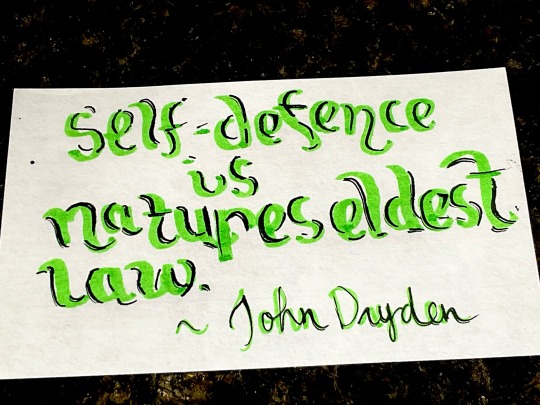
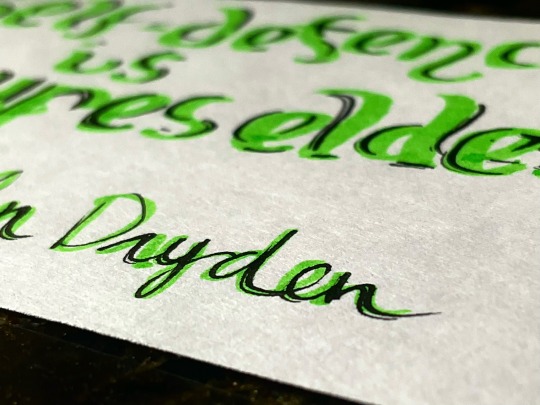
#youtube#art#asmr sounds#asmr paper#dip pen#asmr relax#handwritten#asmr ambience#asmrcommunity#artist#john dryden#John Dryden quote#youtube asmr#youtube art channel#calligraphy youtube#youtube creator#art youtube#youtuber#asmr#youtube dip pen#handwriting#pen#marker#aesthetic writing#handwritten aesthetic#handwriting aesthetic#quote aesthetic#cozy aesthetic#aesthetic#handwritten quote
2 notes
·
View notes
Text
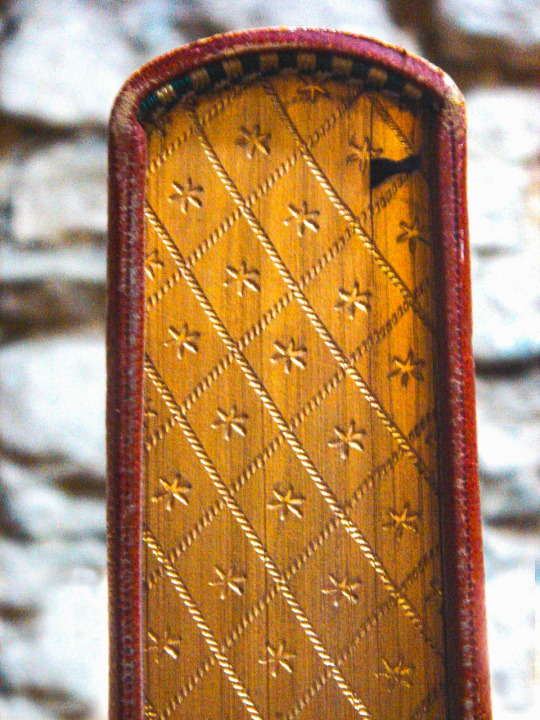
THE POETICAL WORKS OF JOHN DRYDEN.
Gauffered with a rope and star pattern using heated metal stamps and rollers.
Gaufffering describes the act of applying a patterned decoration to the text block edges of a book. This type of ornamentation is used most often on books with gold or gilded edges.
#GaufferedEdges
#beautiful books#book blog#books books books#book cover#books#vintage books#poetry#john dryden#book binding#book design
53 notes
·
View notes
Text
‘So gentle a love, so fervent a fire,’
— John Dryden, ‘A Song’; from The Works of John Dryden.
#john dryden#poetry#english literature#english poetry#on love#on passion#fragments#excerpts#losing my mind rn
52 notes
·
View notes
Text
Cuidado con la furia de un hombre paciente.
John Dryden
#john dryden#poetas ingleses#frases#phrases#frases en tumblr#phrases on tumblr#escritores en tumblr#writers on tumblr#english poetry#epoca dryden#furia#paciente#dryden epoch#rage#patient#cuidado con la furia de un hombre paciente#beware the fury of a patient man
3 notes
·
View notes
Quote
A thing well said will be wit in all languages.
John Dryden
#John Dryden#quotes#life#love#important#tumblr#instagood#aesthetic#girl#literature#sad quotes#sad poem#zitate
3 notes
·
View notes
Text
Errors, like straws, upon the surface flow; He who would search for pearls, must dive below.
John Dryden
5 notes
·
View notes
Photo

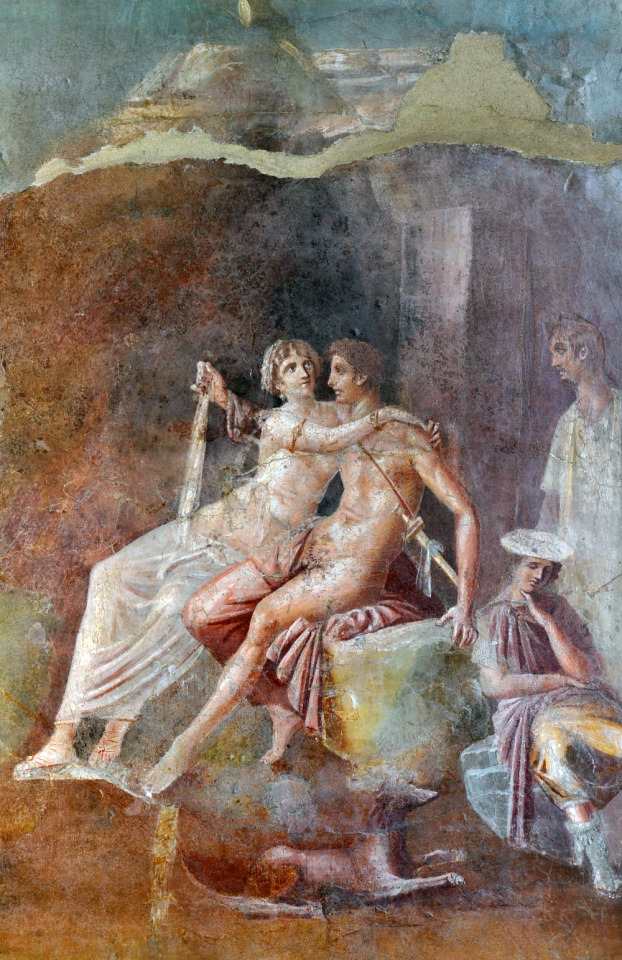
No One Can See Everything by Alyssa Monks (2023) + Dido and Aeneas (Mars and Venus)
But anxious cares already seiz'd the queen:
She fed within her veins a flame unseen;
The hero's valor, acts, and birth inspire
Her soul with love, and fan the secret fire.
His words, his looks, imprinted in her heart,
Improve the passion, and increase the smart.
—Virgil, The Aeneid: Book IV (trans. John Dryden)
4 notes
·
View notes
Photo

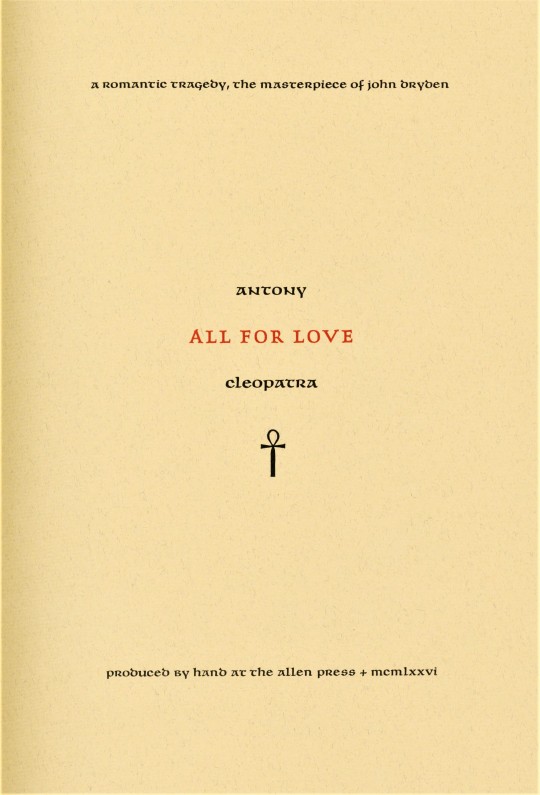



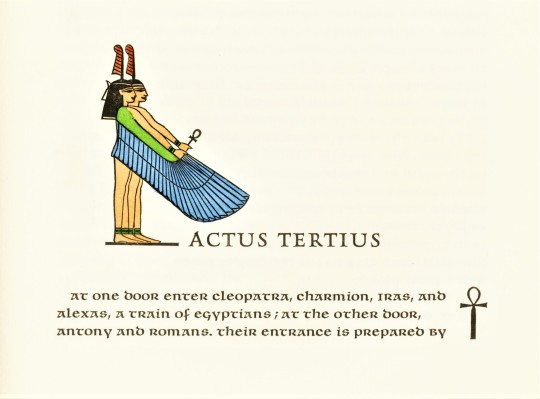
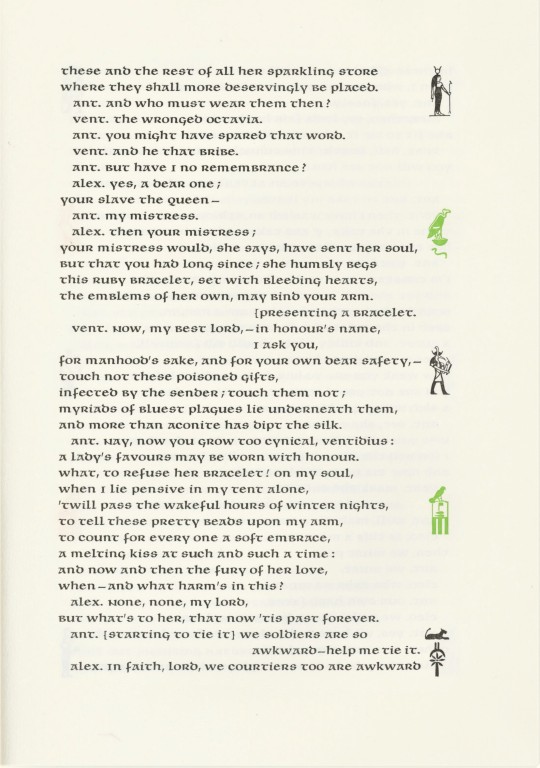
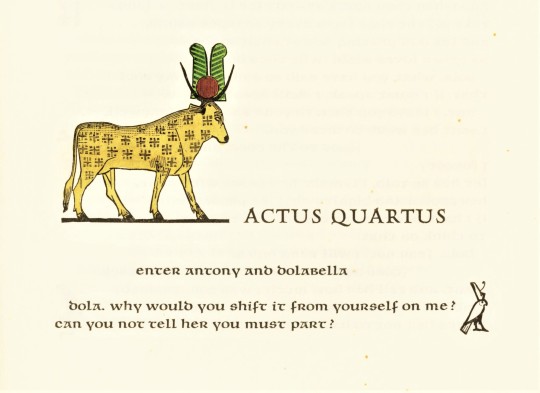
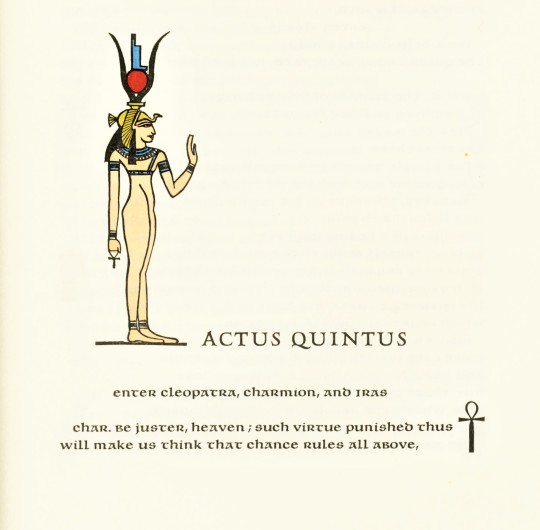
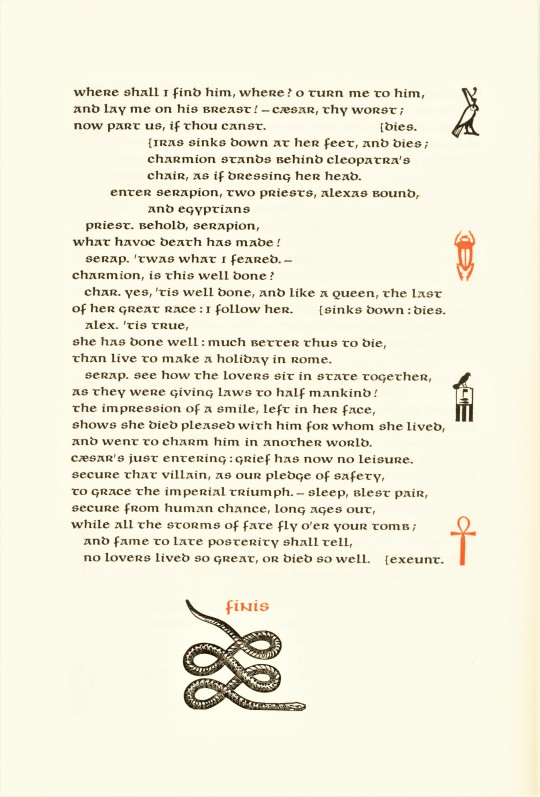
It’s Fine Press Friday!
In 1974, Lewis and Dorothy Allen, long-time proprietors of the Allen Press in California, hand-printed this version of John Dryden’s 17th-century play All for Love, a tragedy in blank verse about the affair of Mark Antony and Cleopatra. It was printed on an 1846 Columbia handpress in an edition of 140 copies using handset Menhart Unciala for the text and Hadriano for display, and printed on damp rag paper specially handmade for the Allen Press at St. Cuthberts Mill, England. The edition includes a portrait of Cleopatra hand-painted in gold and seven colors on papyrus made by craftsmen at the Cairo workshop of Dr. Hassan Ragab. Each act opens with a cut of a drawing by Victor Seward hand-colored by Dorothy Allen, and the right-hand margins of every text page are decorated with Egyptian hieroglyphs and symbols in a sequence of four colors and black.
Our copy of is yet another donation from our friend Jerry Buff.
View other posts on books by the Allen Press.
View more Fine Press Friday posts.
#Fine Press Friday#Fine Press Fridays#lewis and dorothy allen#Allen Press#John Dryden#All for Love#tragedy#play#drama#Mark Antony#Cleopatra#Antony and Cleopatra#Columbian press#Unciala type#Hadriano type#handmade paper#St. Cuthberts Mill#Dr. Hassan Ragab#papyrus#hand-painted portrait#hand-colored illustrations#Victor Seward#fine press books#Jerry Buff
42 notes
·
View notes
Text
incredibly thankful and delighted with the klaus nomi official restorations
youtube
#klaus nomi#countertenor#cold song#new wave#synthpop#classical singer#henry purcell#john dryden#green screen#video synthesis#Youtube
3 notes
·
View notes
Text

Lucian


Ed Sheeran, Perfect

Voltaire
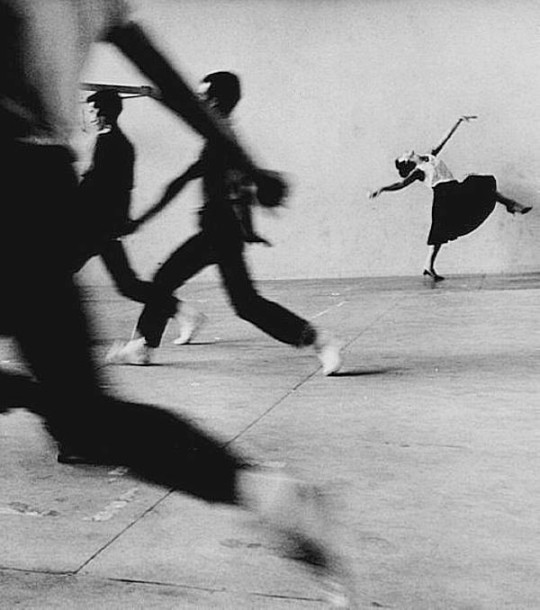
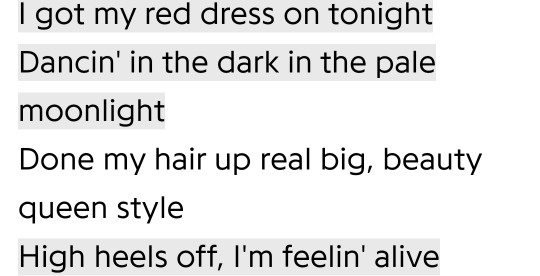
Lana Del Rey, Summertime Sadness


347aidan, Dancing in My Room
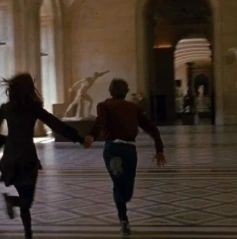

John Dryden
#we dance when are happy#dancing in my room#347aidan#lucian#Taylor Swift#ed sheeran#perfect#Voltaire#lana del rey#summertime sadness#john dryden#literature#dark academia#dark academia aesthetic#poetry#poets and writers#parallels#romantic academia#web weaving#dancing on my own#dance#compilation on dance#sorry for the bony elbows#delicate
32 notes
·
View notes
